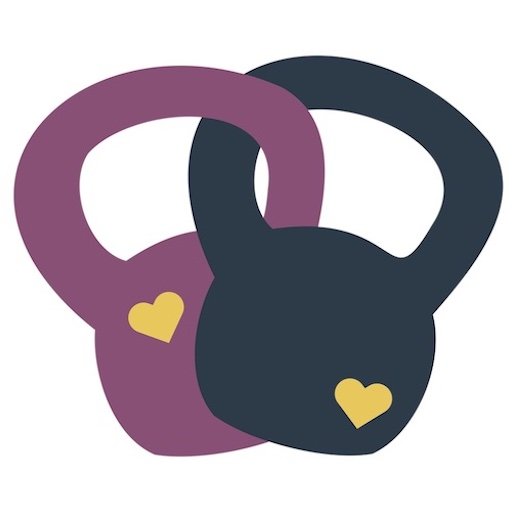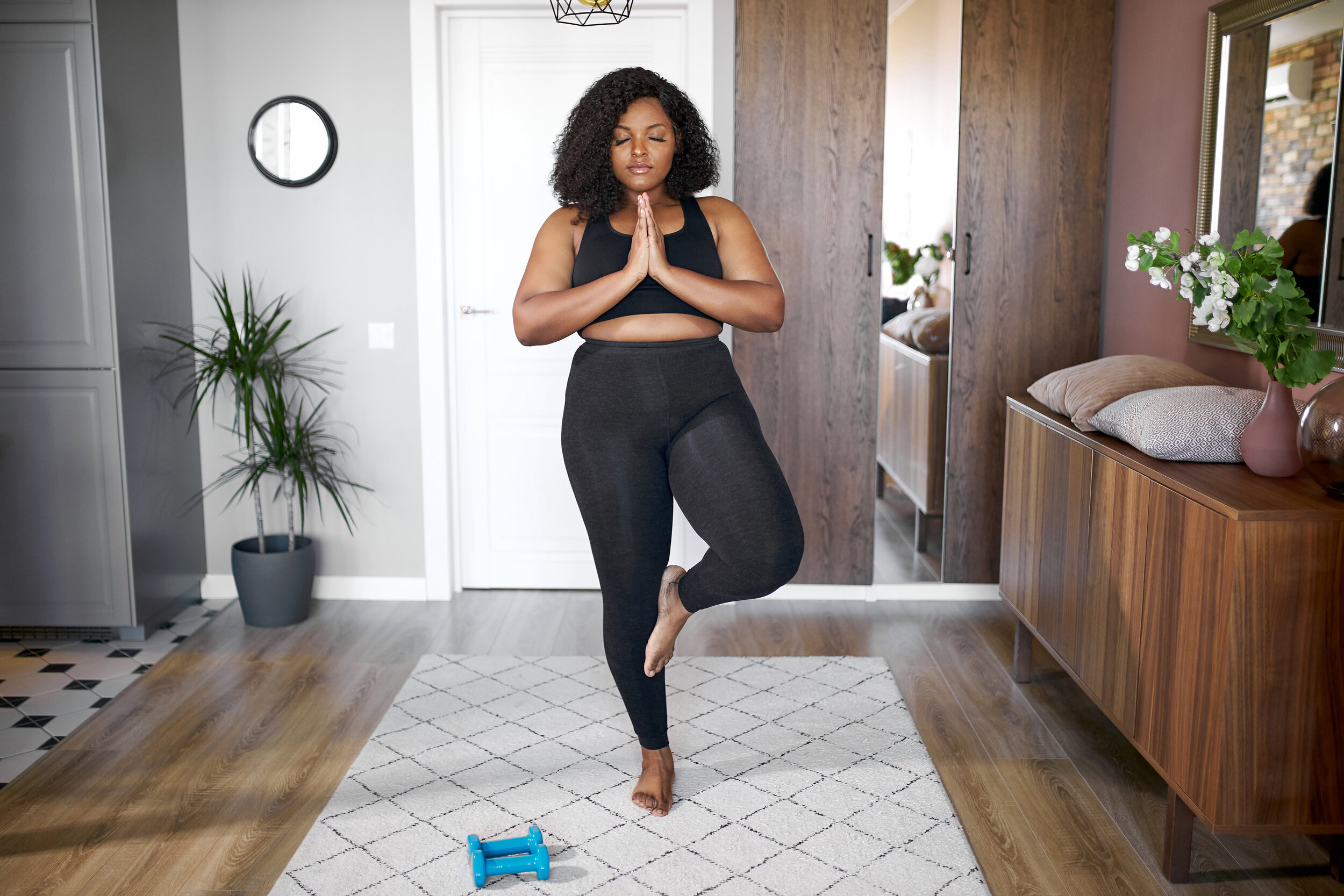3 Ways You can Incorporate Mindful Movement NOW
By Sarah Petty
Yes, this headline is extra and was written specifically to please the algorithm gods.
But you CAN actually incorporate mindful movement right now if you want!
First, let’s explore why this is important:
1) Mindful movement increases sensory perception (proprioception), and in turn your brain releases serotonin and dopamine (happy/calm vibes). This means you start to associate movement with feeling good!
2) Mindful movement reduces the risk of injury - if you’re paying attention and carefully engaging the correct muscles for each movement, you’re way less likely to get hurt.
3) Mindful movement increases body trust - the more you rely on your body as you depend on it, the more you start to realize that your body can be trusted. This is less likely to happen if you are forcing yourself to move in a way that doesn’t feel authentic because you’ll be disconnected from the movement.
Alright, let’s get on to the ways you can make this happen TODAY.
1) Take a deep breath and do a full-body scan. What feels tight or tense? That’s where your body is asking for movement!
Spend 5 minutes or more gently moving that body area.
Try static stretches, mobility drills, resistance exercises, and anything else that feels useful.
Congrats, you’ve just moved mindfully!
2) Think back to times you moved your body in a formal sense. A traditional workout, a fitness class of any kind, a walk/jog, etc. How did that movement feel? Did you enjoy it? Did you enjoy how you felt afterward? If the answer is yes to either of those questions, would that form of movement be helpful or useful to you today?
Here are some ideas:
An online yoga class
Jog/walk intervals at the park
Kettlebell goblet squats
Kickboxing
Barbell deadlifts
This movement may not be great for you today if it’s extremely intense, you did the same type of movement yesterday, or you’re not feeling up to it today.
That’s ok! This whole assessment process is still beneficial for you, because you’re practicing checking in with your body.
If this movement DOES feel useful for you today, when can you make it happen? It doesn’t have to be exactly the same (shorter time, for example) to be beneficial, but if you like it and you can do it, go for it!
3) Think of times in the past when you moved your body in a nontraditional way. These all “count” as forms of movement that can be beneficial for you!
Examples include:
Vacuuming
Playing with your dog
Gardening
Dancing around your living room
Sex
Painting your bathroom
Folding allll the laundry
Make time for (or notice where you already have planned) nontraditional movement today. This time, notice how your body feels while doing this movement. You might not have thought of this as movement, but it is!
Every time you reach high, bend over, twist and turn, lift heavy things, or get your heart rate up, your body is reaping the benefit of movement. Noticing this helps you appreciate your body and all the ways it has helped you in the past.
At the end of your day, take time to reflect on how your body moved. Was it in pain, or sensitive, or hesitant? Was it bouncy, firm, or energetic? How was your energy throughout the day? What other information did your brain receive during/after movement?
If these seem like silly questions to ask, that’s ok. Feel free to just use the parts of this method that feel authentic for you.
I’d love to know how you’ve applied these tips. Comment below or head over to Instagram and give me a “hey!”
Talk soon,



